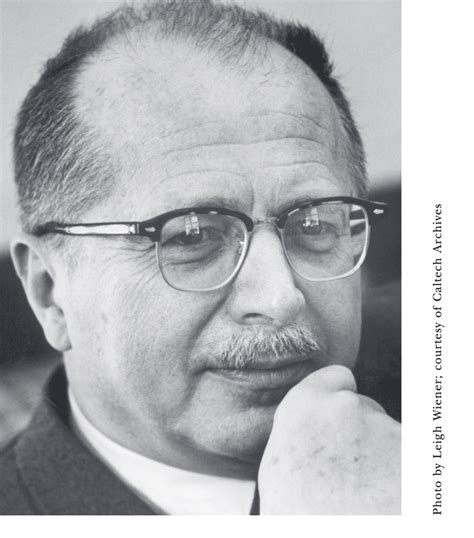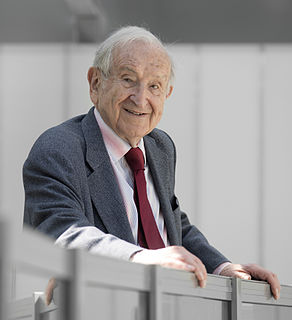A Quote by Noam Chomsky
The labor movement had been pretty much killed in the 1920s, almost destroyed. It revived in the 1930s and made a huge difference. By the late 1930s the business world was already trying to find ways to beat it back.
Related Quotes
Labor has been severely undermined, but that's happened before. In the 1920s, the labor movement was virtually crushed, in large part by Wilson's Red Scare, but it dramatically revived in the 1930s. It spearheaded the social-democratic New-Deal style changes which were beneficial to the country - not sufficient, but beneficial. That could happen again.
Working in 3D I didn't experience much of a difference, except that the cameras are very big so they can't be moved around with as much ease. It was more like, when you've seen photos of cameras from the 1930s being moved around with these huge cranes. So there was something quite sort of old-fashioned about it almost.
The Fourteenth Amendment, after the civil war, in principle brought former slaves into the category of persons, theoretically. But if you actually look, almost all the cases brought up for personal rights under the Fourteenth Amendment were by corporations. Freed slaves couldn't do it. In fact they were pretty much driven back into something like slavery by a north - south compact, that allowed former slave states to criminalize black life, which made a criminal force that was basically used as a forced labor force, up until the 1930s.
The problem started before World War I. The gold standard was working fairly well. But it broke down because of the war and what happened in the 1920s. And then the U.S. started to become so dominant in the world, with the dollar becoming the central currency after the 1930s, the whole world economy shifted.
In a certain sense I made a living for five or six years out of that one star [? Sagittarii] and it is still a fascinating, not understood, star. It's the first star in which you could clearly demonstrate an enormous difference in chemical composition from the sun. It had almost no hydrogen. It was made largely of helium, and had much too much nitrogen and neon. It's still a mystery in many ways ... But it was the first star ever analysed that had a different composition, and I started that area of spectroscopy in the late thirties.
If in the 1930s nuclear weapons had been invented and the Allies had been faced by Nazi SS20s and Backfire Bombers, would it then have been morally right to have handed Hitler control of one of the most terrible weapons man has ever made? Would not that have been the one way to ensure that the thousand year Reich became exactly that? Would not unilateralism have given to Hitler the world domination he sought?




































